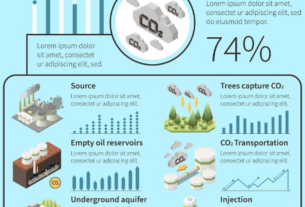Egypt has approved its first private-to-private (P2P) electricity contracts, marking a major milestone in the country’s energy market liberalisation efforts. Supported by the European Bank for Reconstruction and Development (EBRD), the new regulatory framework allows private renewable energy producers to sell electricity directly to industrial consumers, bypassing the state-owned single-buyer system.
The pilot phase includes four renewable energy projects totaling 400 MW in capacity:
- KarmSolar will develop a 100 MW solar plant to supply electricity to Suez Steel.
- AMEA Power will construct a 100 MW solar facility serving BEFAR Group and the Suez Canal Container Terminal.
- TAQA PV will deploy a 100 MW hybrid (solar and wind) plant to power Ezz Steel operations.
- Enara will build a 100 MW hybrid plant to serve El Alamein Silicone Products Company and Helwan Fertilizers.
The new P2P framework—designed in cooperation with the EBRD and Egypt’s Electricity Utility and Consumer Protection Regulatory Agency (EgyptERA)—enables producers to use the national grid to deliver power directly to end-users. This shift introduces competition, expands energy procurement options for businesses, and paves the way for greater private investment in Egypt’s renewable energy sector.
“This milestone shows how the right regulatory framework can unlock private investment and drive the energy transition,” said Mark Davis, EBRD Managing Director for the southern and eastern Mediterranean. “By enabling companies to procure green electricity directly from producers, Egypt is opening new opportunities for industry and enhancing its competitiveness.”
The move aligns with Egypt’s 2015 Electricity Law, which aims to transition the country to a competitive, market-based power system. By decoupling power generation from state procurement, the P2P scheme is expected to accelerate the deployment of clean energy, especially among export-oriented industries increasingly required to meet global decarbonisation standards—such as those producing green hydrogen for European markets.
Dr Mohamed Mousa Omran, Chairman of EgyptERA, added: “This pilot marks an important step towards a more competitive electricity market in Egypt. Direct agreements between producers and consumers allow the private sector to take a leading role in addressing clean energy demand.”
Crucially, all projects under the P2P scheme are being privately financed, reducing the fiscal burden on the government and allowing Egypt to scale up renewable capacity without public sector contracts.
The EBRD’s technical assistance for the initiative is funded by the Swiss State Secretariat for Economic Affairs (SECO) and forms part of the Bank’s broader Renewable Energy Programme, which supports 16 countries in building market-based frameworks for renewable energy investment. To date, the programme has helped secure more than 8,500 MW of capacity across eight countries.
Authored from article by Nibal Zgheib | Source: EBRD


